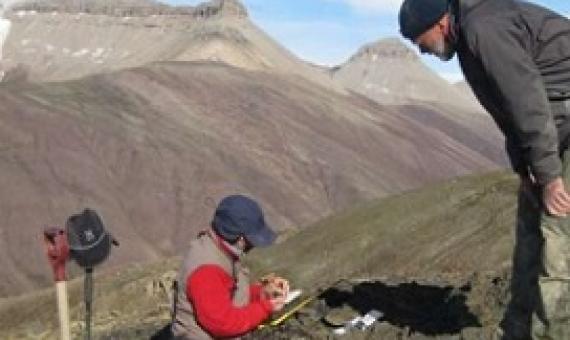Mangrove trees—valuable coastal ecosystems found in Florida and other warm climates—won't survive sea-level rise by 2050 if greenhouse gas emissions aren't reduced, according to a Rutgers co-authored study in the journal Science.
The extent to which rivers transport burned carbon to oceans—where it can be stored for tens of millennia—is revealed in new research led by the University of East Anglia (UEA).
A new study finds that about 31 million people worldwide live in coastal regions that are “highly vulnerable” to future tropical storms and sea-level rise driven by climate change. In some of those regions, however, powerful defenses are located just offshore.
A key to solving global hunger—which is predicted to intensify during the COVID-19 pandemic—may lie in the ocean. In fact, the ocean could produce up to 75 percent more seafood than it does today, and drive sustainable economic growth, according to Stanford's Rosamond Naylor and Jim Leape.
Tropical forests can develop resistance to a warmer climate, but 71 percent will come under threat in the next decade if global average temperatures reach two degrees Celsius above pre-industrial levels, a new study warns.
Researchers at the University of Southampton have shown that an extinction event 360 million years ago, that killed much of the Earth's plant and freshwater aquatic life, was caused by a brief breakdown of the ozone layer that shields the Earth from damaging ultraviolet (UV) radiation.
A team of University of Rhode Island scientists and statisticians conducted a sophisticated quantitative analysis of a mass extinction that occurred 215 million years ago and found that the cause of the extinction was not an asteroid or climate change, as had previously been believed.
The tendency to place protected areas in habitats that are less attractive to humans because they are not very productive may be the reason why many species remain threatened and continue to decline.
Fish products have become an indispensable part of our dining tables. It is estimated that over the last six decades, global per capita fish consumption has risen from 9.9 kg to 19.2 kg.
















